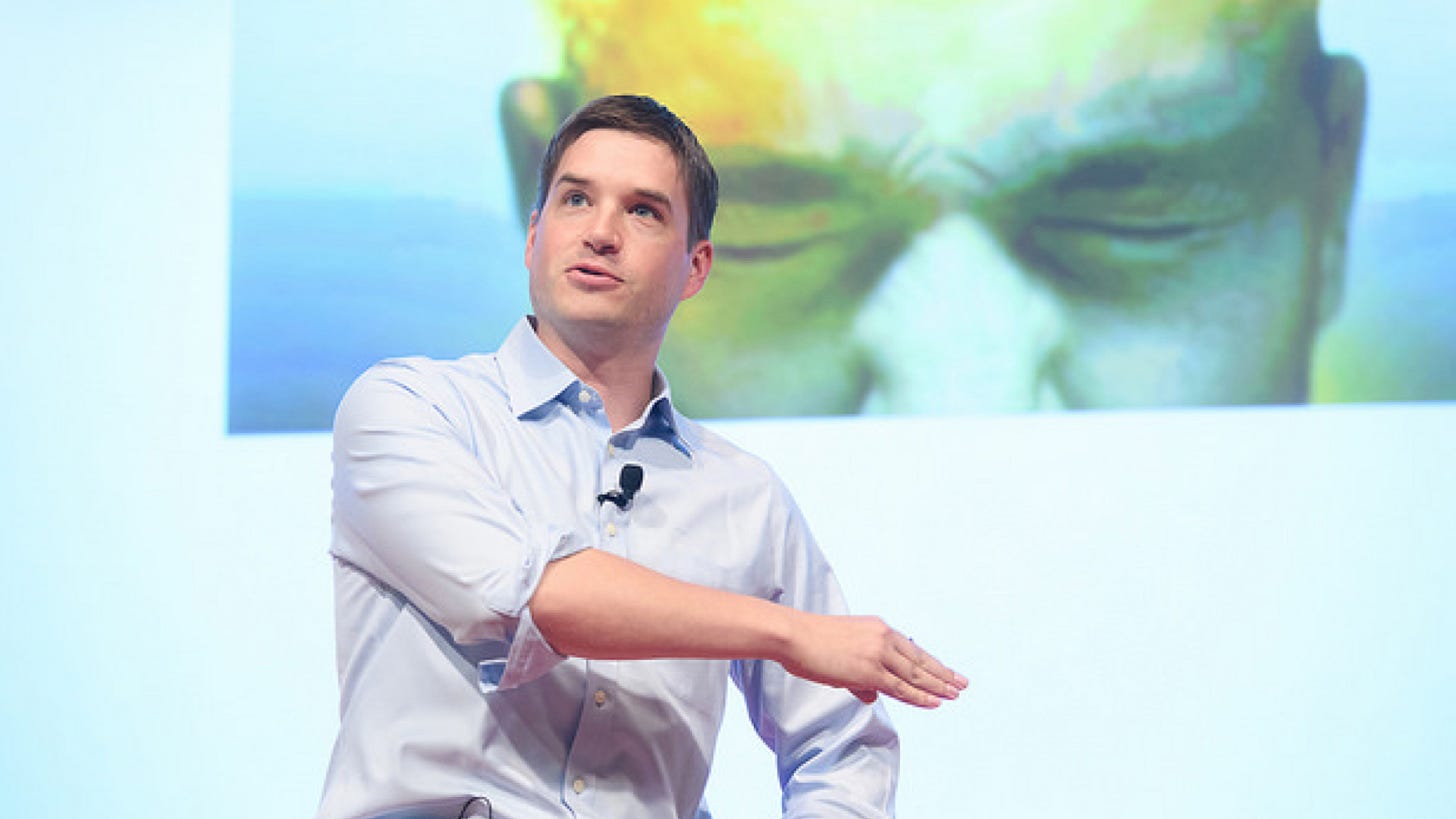Why Your Ability to FOCUS is Your Best Defense Against AI | Cal Newport
The AI Job Apocalypse: Myth vs. Reality
The headlines often paint a stark picture: artificial intelligence is poised to trigger mass unemployment, automating jobs out of existence. But this narrative, while alarming, often overlooks the nuanced reality of how technology interacts with the world of work. The fear of an "AI job apocalypse" needs a closer look, challenging the simplistic idea that robots will simply take over everything.
AI Automates Tasks, Not Entire Jobs
A crucial distinction often missed is that AI excels at automating specific tasks, particularly those that are repetitive, predictable, and data-driven. However, most jobs are not monolithic tasks; they are complex bundles of diverse skills, requiring critical thinking, creativity, communication, empathy, and adaptability. While AI might automate the data entry portion of a job, it struggles with the strategic planning, client negotiation, or mentorship aspects. The reality is less about wholesale job replacement and more about job *transformation*.
Enter Deep Work: Your Cognitive Shield
This is where the insights of Cal Newport become critically important. Newport champions the concept of Deep Work, defined as the ability to focus without distraction on a cognitively demanding task. It's about pushing your cognitive capabilities to their limit to create new value, improve skills, and produce high-quality work. In an era increasingly saturated with AI tools, the capacity for sustained, deep focus is not becoming obsolete; it's becoming exponentially more valuable.
Why? Because the tasks AI *cannot* easily replicate are precisely those that demand deep work: complex problem-solving, ethical reasoning, creative ideation, intricate strategy development, and nuanced communication. These are the uniquely human capabilities that drive innovation and high-level performance.
AI as Augmentation: The Focused Advantage
Instead of solely viewing AI as a replacement, consider its potential as a powerful augmentation tool. AI can handle routine analysis, data processing, and initial drafts, freeing up human workers to concentrate on higher-level cognitive tasks. However, leveraging AI effectively requires the ability to direct it purposefully, interpret its outputs critically, and integrate its capabilities into complex workflows – all activities demanding focused attention. Those skilled in deep work can harness AI to amplify their productivity and impact, exploring these dynamics further in discussions like the one found here:
The Hidden Trap: Shallow Work Amplification
There's a counter-risk, however. Without deliberate effort, AI could inadvertently amplify shallow work – the non-cognitive, logistical, or minor tasks often performed while distracted (like answering emails, attending constant meetings, or managing notifications). If we allow AI simply to automate parts of our job while we remain immersed in low-value, fragmented attention, we don't gain a competitive edge. We risk becoming mere coordinators of automated processes, losing the very skills that differentiate us. Deep work becomes the necessary discipline to prioritize and execute high-value activities amidst the noise.
New Roles Emerge: The Ever-Evolving Landscape
History teaches us that technological shifts rarely lead to permanent mass unemployment. Instead, they reshape the labor market, eliminating some roles while creating entirely new ones. The rise of AI is no different. We are already seeing the emergence of new job categories: AI ethics auditors, prompt engineers, specialized AI trainers, data curators, AI system maintenance specialists, and more. Thriving in this evolving landscape requires continuous learning and adaptability – skills fundamentally powered by the ability to focus deeply and acquire complex new knowledge.
The Deeper Risk: Eroding Our Own Cognitive Abilities
Perhaps the most significant, yet least discussed, risk isn't economic displacement but cognitive degradation. Over-reliance on AI for tasks that previously required focused thought could atrophy our own mental muscles. If we outsource critical thinking, complex writing, or deep analysis too readily, we risk diminishing our innate capacity for these very skills.
The true long-term challenge may not be competing against AI for jobs, but maintaining our own capacity for deep, focused thought in a world increasingly designed to fragment our attention and outsource cognition.
Cultivating deep work isn't just an economic strategy; it's essential for preserving the quality of human thought and intellectual engagement in the age of intelligent machines.
Conclusion: Focus as the Foundation
The narrative surrounding AI and the future of work is complex. While AI will undoubtedly automate many tasks, it simultaneously increases the value of uniquely human cognitive abilities. Cal Newport's concept of Deep Work provides a powerful framework for navigating this future. By cultivating the ability to focus intensely and engage in cognitively demanding tasks, individuals can not only defend against automation but actively thrive alongside AI, leveraging it as a tool while safeguarding their own intellectual capacity. The future belongs not necessarily to those who merely use AI, but to those who can think deeply and work purposefully in collaboration with it.




Love this